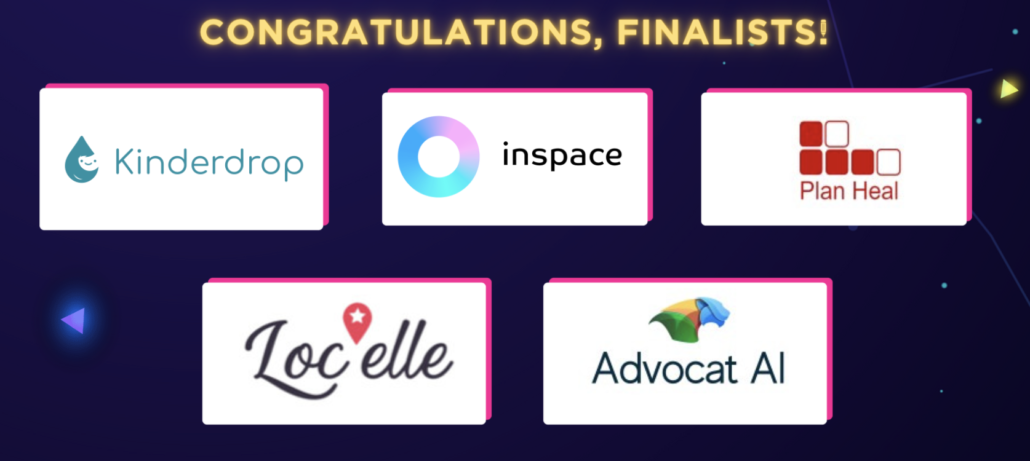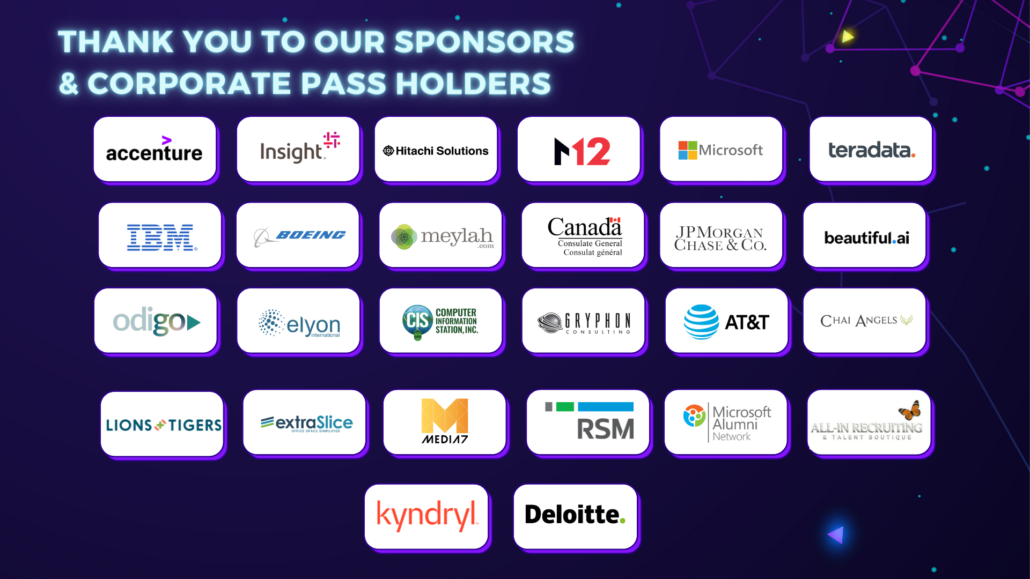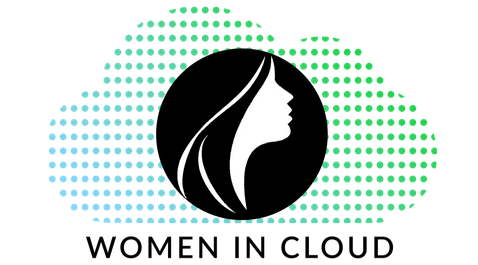Inflation Just hit 7.5%.
The first month of 2022 saw a historic rise in inflation. According to the Bureau of Labor Statistics’ latest Consumer Price Index report, January saw the largest 12-month inflation increase since 1982, topping out at 7.5%.
It’s clear that we’re still feeling the downstream effects of a global pandemic and troubled supply chain. While some analysts believe inflation will soon begin its slow descent, it’s still having a massive effect on business owners, many of whom narrowly survived the pandemic.
This isn’t good news for tech startups, especially if they’re led by female tech entrepreneurs, who have already endured unique challenges over the past year. But challenges present opportunities for growth too. Let’s take a look at how tech entrepreneurs can develop inflation resistance and come out stronger than ever.

Inflation Complicates SaaS Business Decisions
One of the main business challenges during times of significant inflation is how to make ends meet and, hopefully, remain profitable. As inflation pushes the cost of materials and manufacturing up, traditional businesses need to make hard decisions about cutting expenses and altering their product prices.
Working in the SaaS solutions space, tech entrepreneurs face a similar dilemma, but the nature of their product and pricing model introduces a new layer of complexity. Here are some of the key questions that my SaaS colleagues are asking:
- How should tech entrepreneurs account for exploding upkeep costs in their software pricing?
- If we’re billing monthly, how can we optimally communicate price increases to our clients without losing them?
- How can we convert monthly clients to multi-year contracts?
- Since our main operating expenses are employees, how can we cut costs while keeping employees fairly paid?
In some cases, tech startups don’t even have the luxury to consider these questions — inflation wiped them out before they were able to scale. After all, as inflation begins, the input costs required to run a startup soar. That means startups must be resilient enough to handle rising costs of electricity, real estate, other components of general expenditure. Here are a few steps entrepreneurs should consider to accomplish this resilience.
1. Strategically Raise Prices
Of course, as basic operating costs rise, your software prices must rise too. But in the SaaS world, raising monthly software prices can lead to plenty of customer complaints. The question tech entrepreneurs should be thinking about is: “How can we raise prices and prove that we’re too valuable to walk away from?”
The first step is communication. You should make the case to your clients that the price rise is necessary and fair. But don’t stop there. Consider treating this moment as a chance to upsell your clients with volume discounts. That way, you win more of their business, and they get the additional value they were looking for.
2. Pay Attention to the Labor Market
Traditional business owners and entrepreneurs are in a unique position to help ease the pains of inflation on their employees. Some states require businesses to raise employee salaries alongside inflation, but even if your state doesn’t, it’s important that you treat your employees’ salaries as essential expenses — even if money is tight.
Remember, your workers are experiencing higher living costs too. Matching their salary with inflation isn’t a raise — it’s avoiding a pay cut. Entrepreneurs who don’t adjust salaries will likely incur higher costs later, as their workers leave and they need to find new hires at elevated expected salaries.
That’s why it’s essential to stay apprised of labor market conditions. Sometimes the cost of keeping your tried-and-true employees onboard is more cost-effective than scrambling to find new hires during a period of intense inflation.
3. Lock in Long-Term Contracts
While it’s great to have clients billed on a month-by-month basis, signing long-term contracts can really help tech businesses weather unexpected conditions. After all, monthly clients can be very reactive to price changes. But signing multi-year contracts, often involving a discount for the client, ensures that you can depend on their business until the term is up.
That said, it’s important that your multi-year contracts bake in annual price increases and CPI adjustments. This controls for hard-to-predict fluctuations in the market and inflation, and it guarantees that your contract will remain as valuable this year as it was last year.
4. Invest in Business Growth
Tech entrepreneurs understand that there are unique opportunities within every hardship they face. It isn’t enough to survive this inflationary period — set your sights on thriving so you can come out of it stronger than ever.
If you’re interested in attracting more customers and accessing an exclusive network of professionals and investors, consider joining Women in Cloud’s digital co-sell marketing program. Apply today!
5. Take Cash Management Seriously
The past year has shown tech entrepreneurs that they must always expect the unexpected. To thrive in harsh conditions, startups must take cash management seriously, storing emergency funds to hold them over through rough patches and future-proofing their pricing and client acquisition strategies.
Tech entrepreneurs should also think carefully about the hidden effects of inflation. For instance, as you raise your prices to account for rising operating costs, it’s possible that you’ll shift into a higher tax bracket. If the government hasn’t adjusted brackets to account for inflation, then you might be paying more in taxes even though their earnings haven’t really grown.
Even though we’ve entered an unprecedented inflationary period, your business can still flourish. Understanding the nuances of inflation can help you make the right decisions to keep your employees and customers happy and help your business weather the storm.
Join the Women In Cloud community to learn more about how your tech business can get access to solutions to mitigate your challenges around the current climate.









